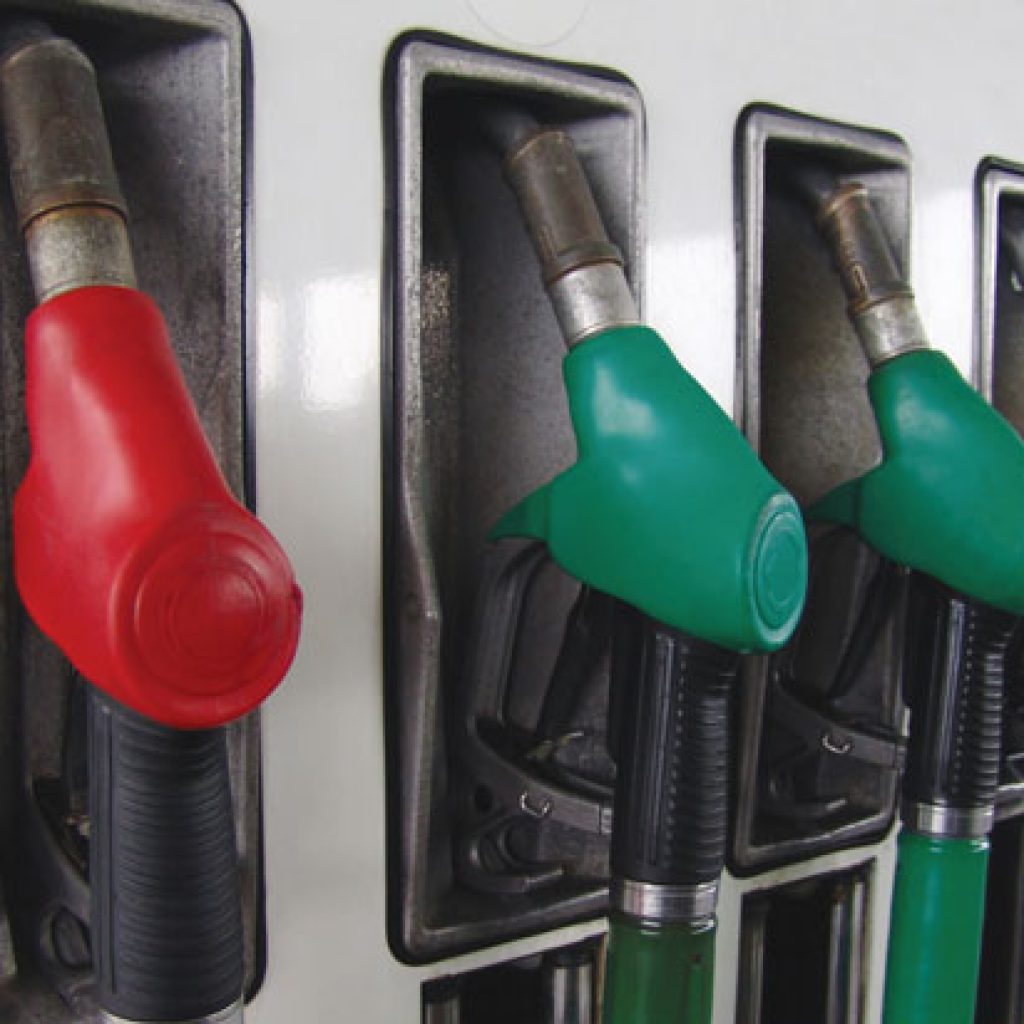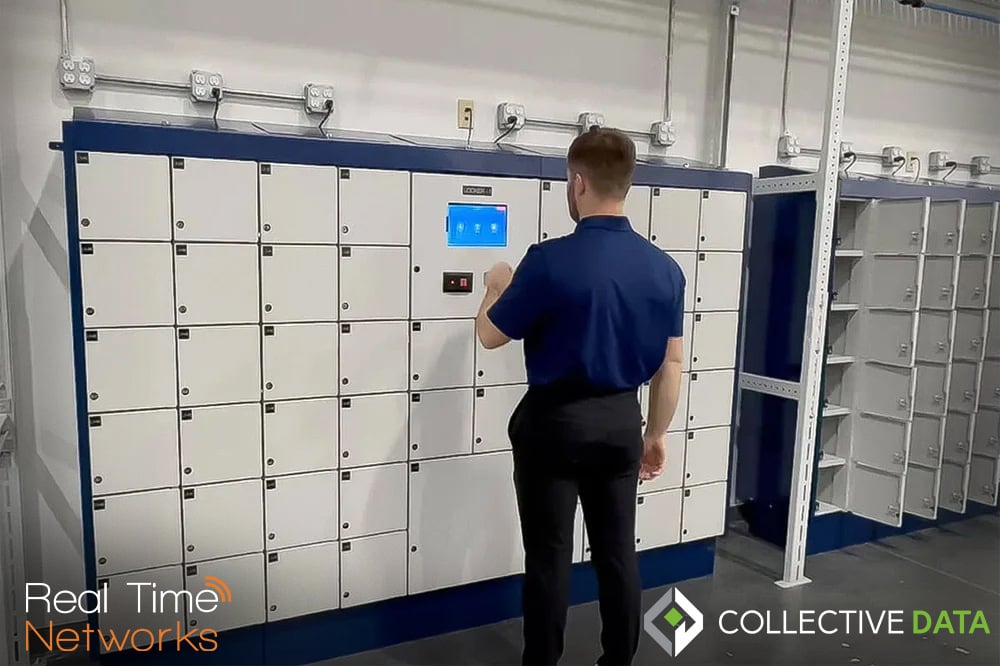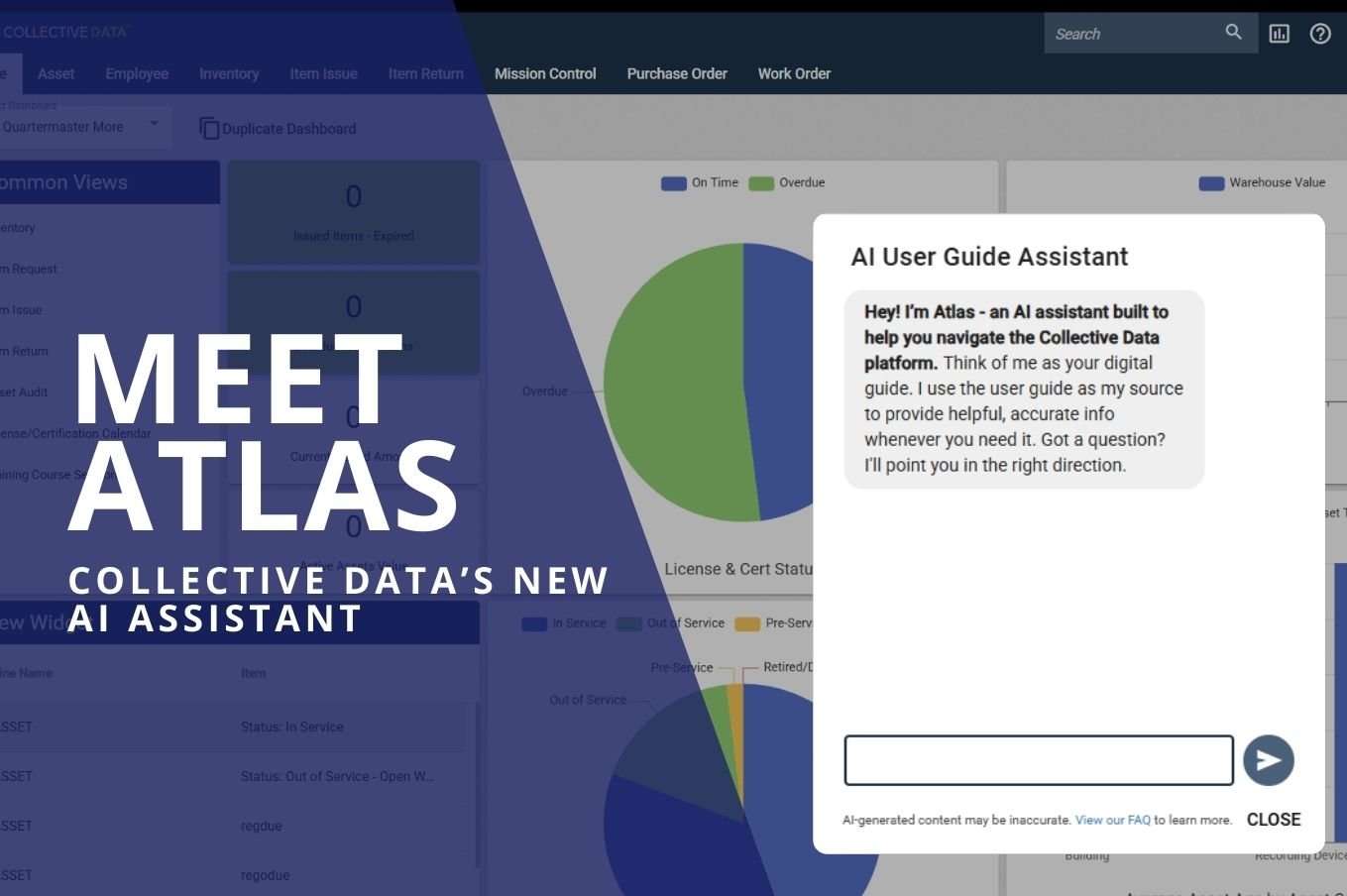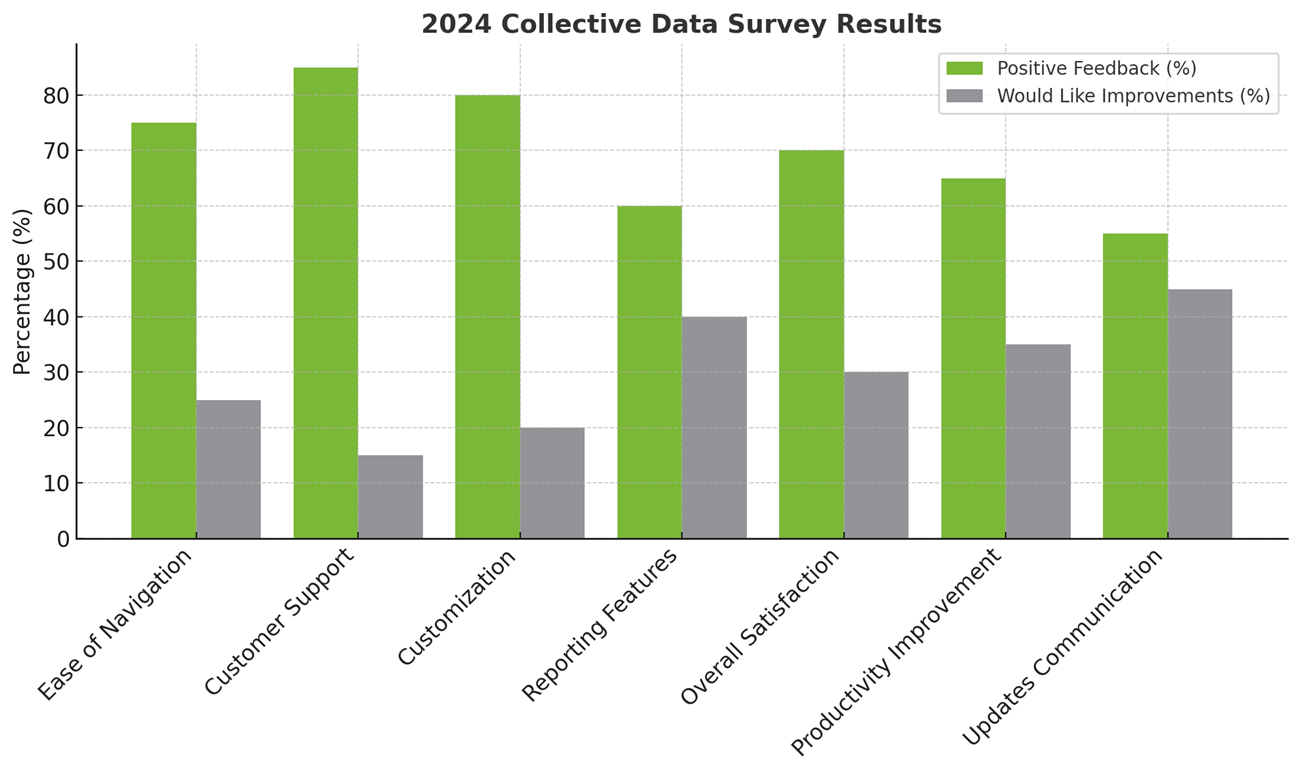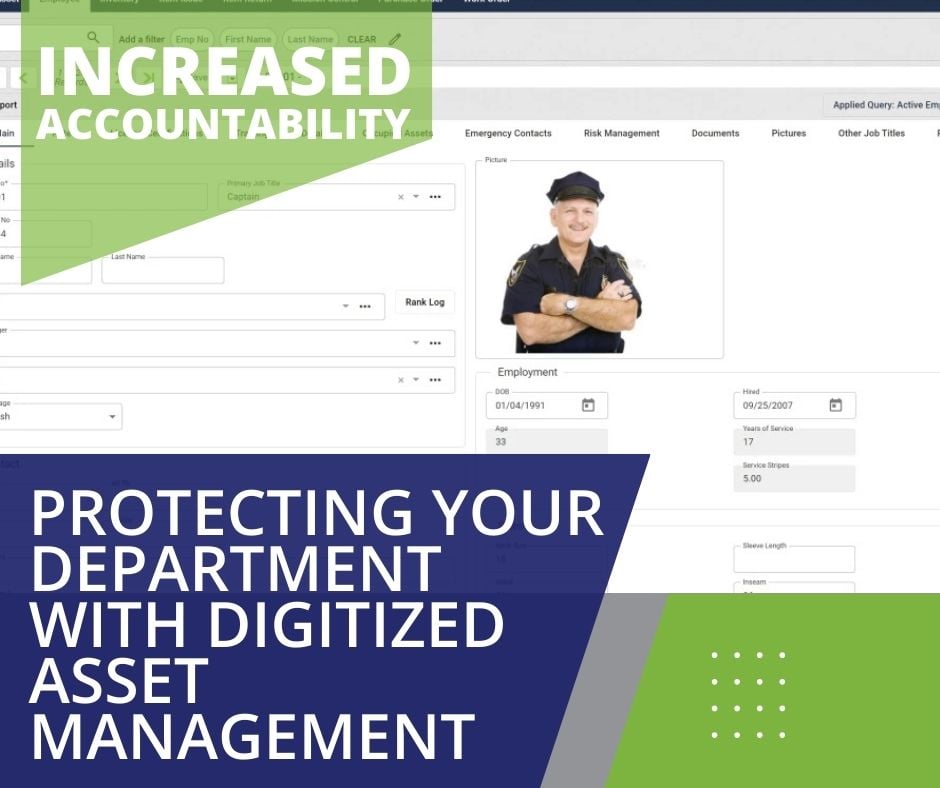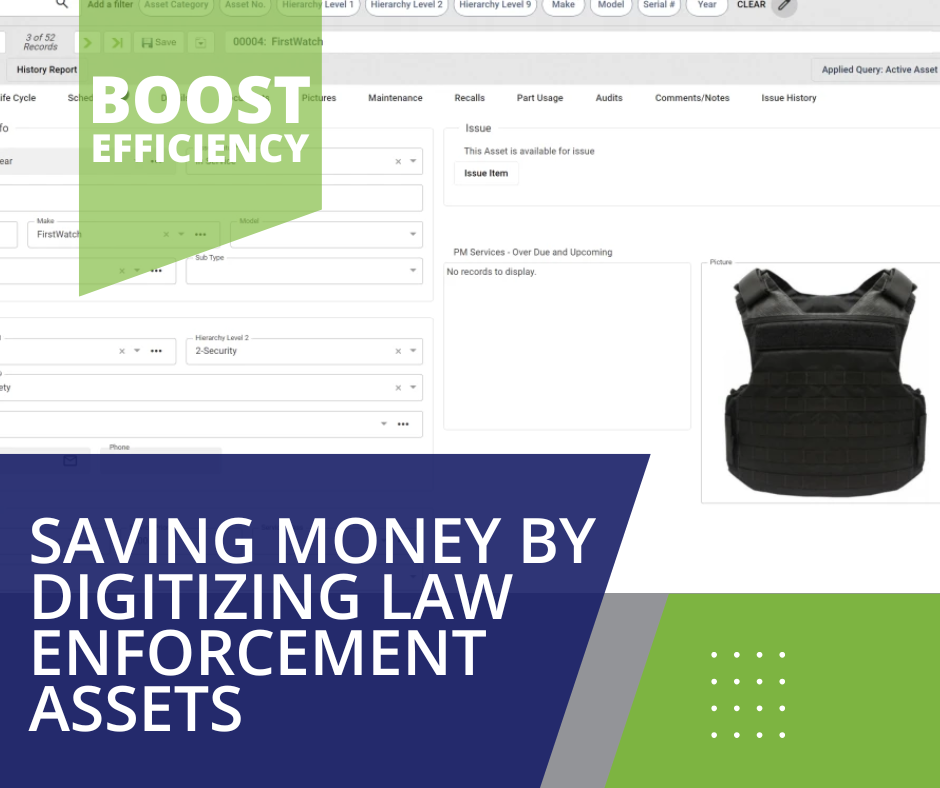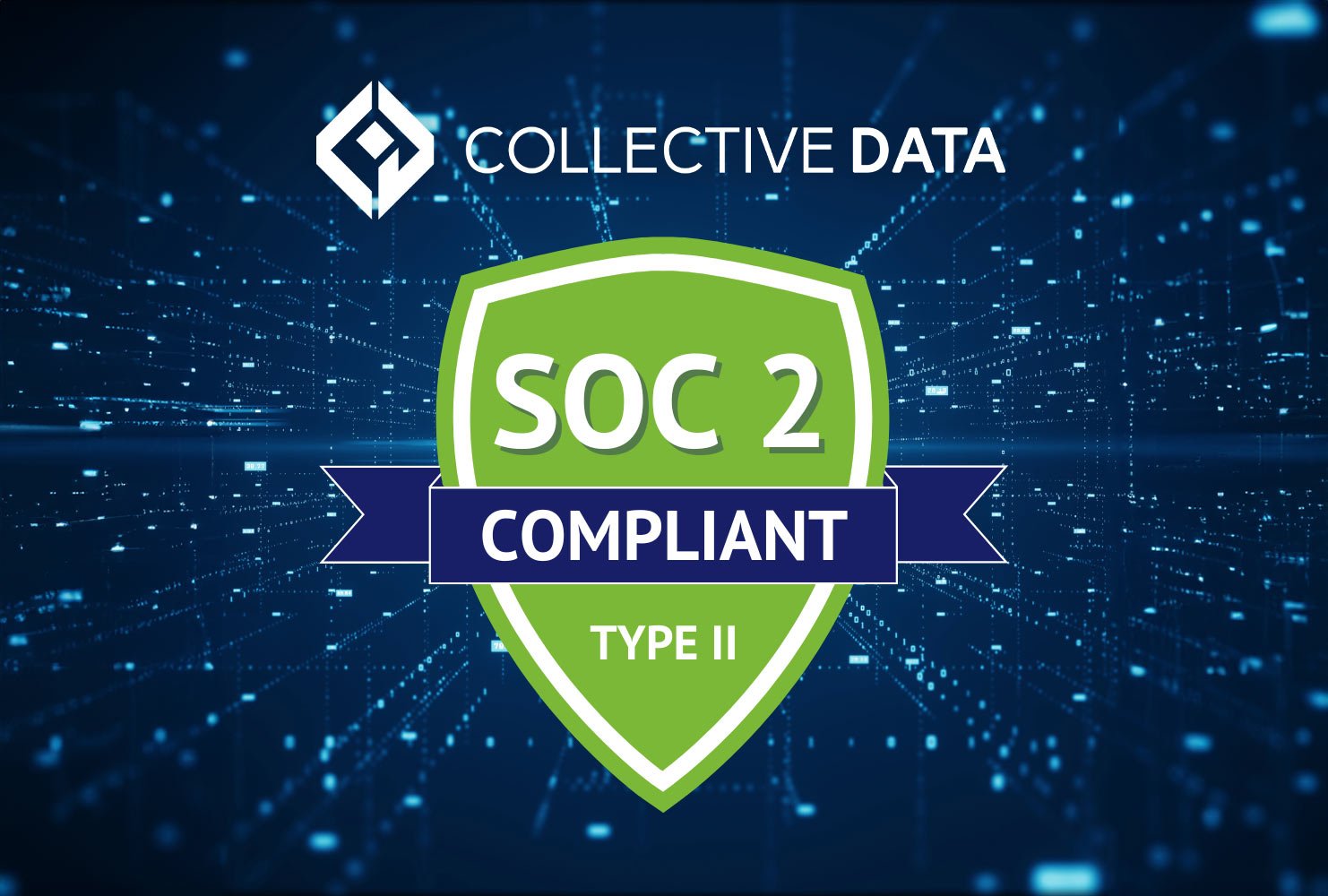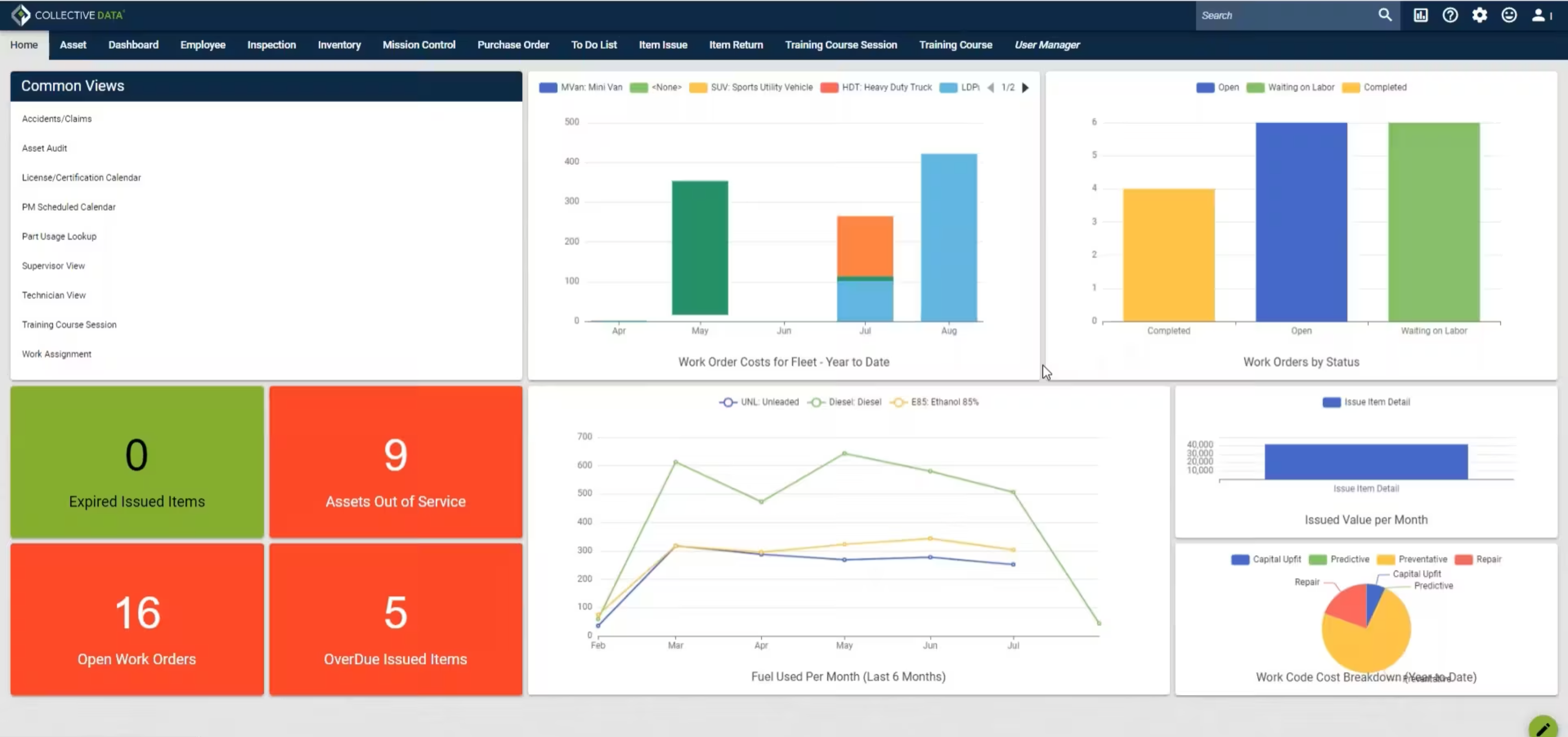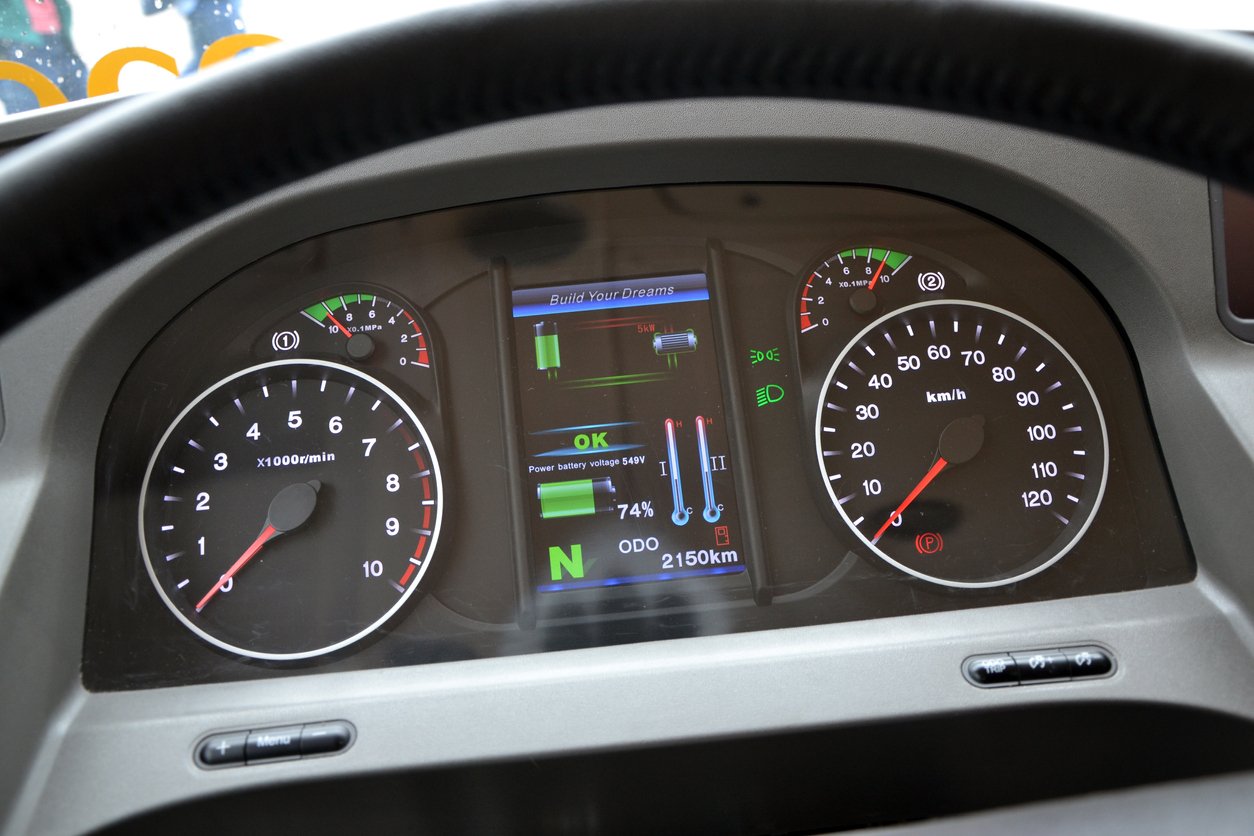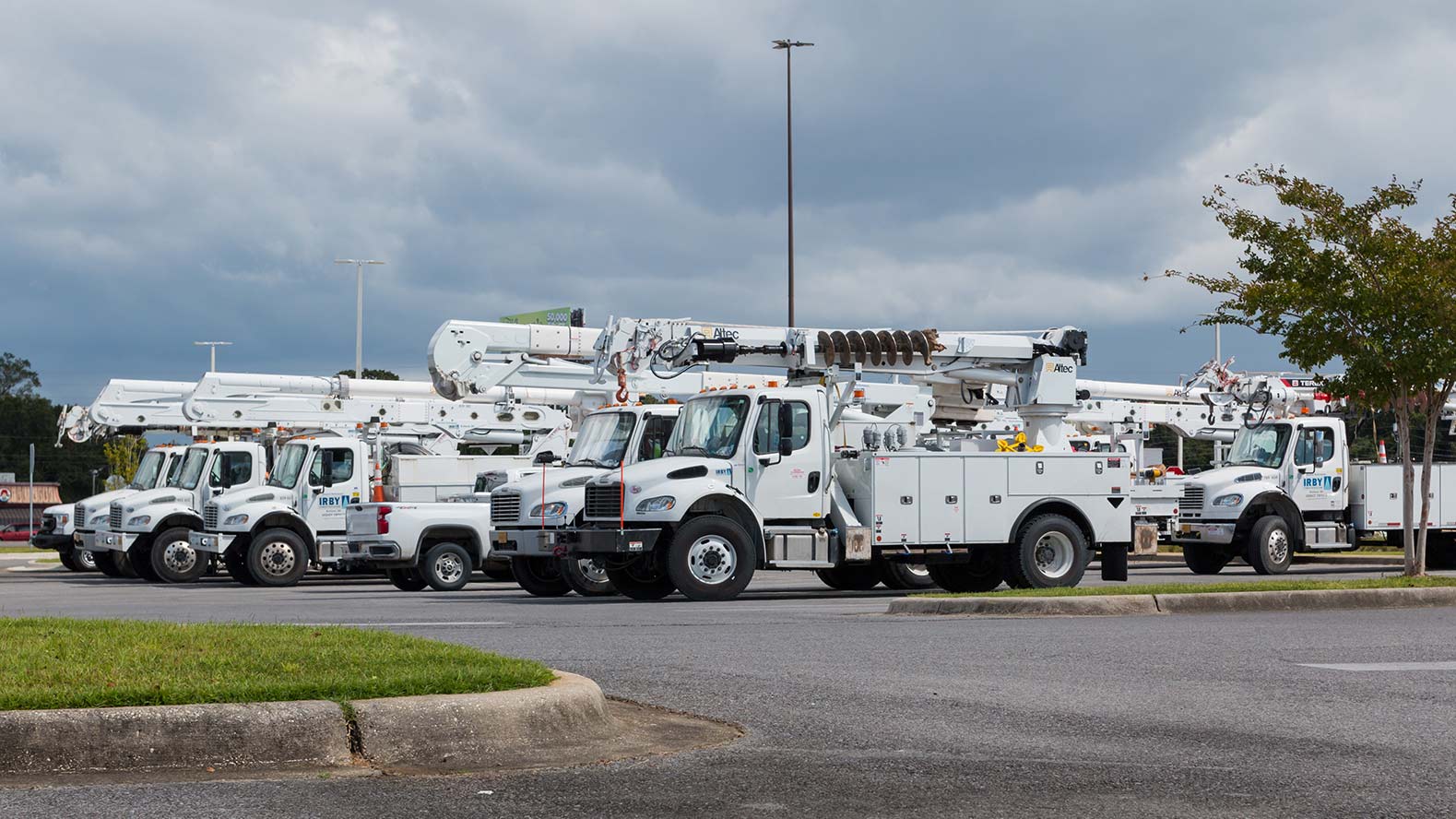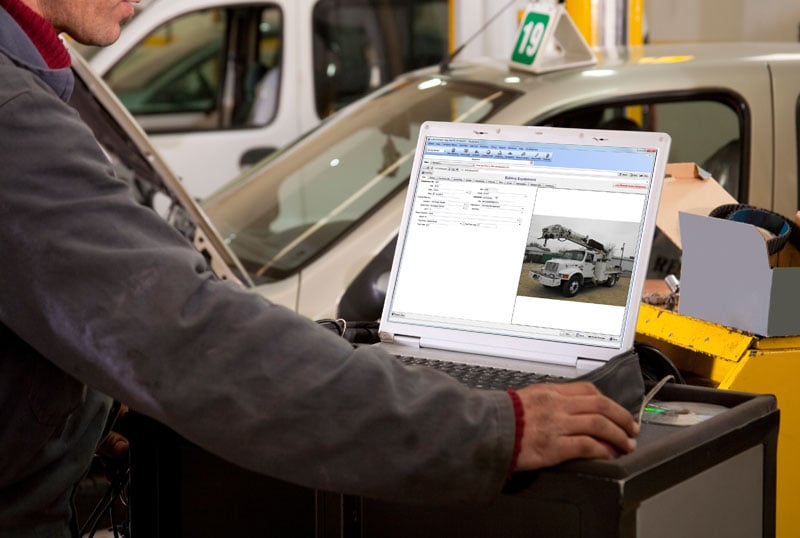Fuel is a big expense for fleets and many organizations already understand the need and benefit of monitoring it using fuel cards and fuel management systems. With that data available, several benefits can be gained by bringing that fuel information into their fleet management system that they use to track equipment, maintenance, and other areas of their operation.
Here are 5 benefits of integrating fuel data into your fleet management system.
1. Accurate mileage drives better preventive maintenance
 Most fuel card providers require a mileage entry when fuel is pumped. When that’s done, every time fuel data is imported into the fleet management system all equipment associated with the fuel cards will be updated. It is a pretty basic element but it affects so many aspects of a comprehensive fleet management system.
Most fuel card providers require a mileage entry when fuel is pumped. When that’s done, every time fuel data is imported into the fleet management system all equipment associated with the fuel cards will be updated. It is a pretty basic element but it affects so many aspects of a comprehensive fleet management system.
One benefit of automatic mileage updates brought in from fuel data is that they help make sure that preventive maintenance items are done when they need to be. Without some way to automatically update the meters of equipment in any fleet management system, you would have to rely on someone remembering to update it in the system manually. With hundreds or thousands of vehicles, how would you know if every vehicle’s meters are up to date? It could be something that would be easy to miss, and you could theoretically go a year without a single mileage update. The result would be equipment missing all notifications of their upcoming PMs and possible costly breakdowns. Using the mileage updates from fuel card transactions and integrating it into your fleet management system eliminates that issue.
As a result of preventive maintenance not being missed, research shows that vehicles will run more efficiently and have better fuel efficiency.
2. More accurate tracking of vehicle costs per mile

With these mileage updates updating in your fleet management system from your fuel transactions, you can take advantage of reports that combine fuel and other expense information. In Collective Data’s solution, there’s a report called Asset Operating Costs, which provides an overview of each vehicle and it’s operating costs per meter. Accurate meters are especially important to drive accuracy into this report as it’s based on the mileage updates between a certain period of time. With accurate mileage being recorded from fuel, fleet managers can be confident their data is accurate and they can make more informed decisions based on that data.
3. Reduce fuel theft
Fuel data can be used in fleet management software to help detect and prevent fuel theft without any work on your part. By setting a fuel tank size on each vehicle, reports can show fuel transactions that exceed that amount. Even better, Collective Data software can be configured to automatically send you an email notifying you if a vehicle filled a tank beyond its capacity. If employees know that this is being tracked within the system there’s a high chance that any fuel theft attempts would be reduced significantly, if not eliminated.
4. Use the fuel data within a variety of reports
Fuel card providers do a great job of providing reports related to fuel such as overall spend, who purchased it, etc. Where fuel data can be incredibly useful is to integrate it into other operational reports you will find in comprehensive fleet maintenance and operations management systems. A configurable system like Collective Data would allow you to create a wide variety of reports for anything you can think of.
Here are just a few examples:
- Create a report that links fuel usage over time and how it relates to certain types of tires. Certain tire types could be linked to better/worse fuel efficiency than others.
- Keep a record of fuel consumption related to a specific vehicle and notice trends over periods of time
- Track fuel efficiencies and be alerted when fuel consumption skyrockets compared to normal levels of consumption
No fleet management system will have any and every report you will ever need pre-built. It’s crucial that the software you use is configurable and can create new reports on-the-fly or have them built quickly by the provider to meet your needs.
5. Make your job easier
Fleet management systems should help make your job easier…not harder. Combining your fuel management solution into your fleet management system will save you time in a variety of ways:
- Less manual data entry
- Bring all reporting into one system to avoid multiple data sources and log-ins as much as possible
- Easily spot trends and issues in your fleet related to fuel
Conclusion
So as you can see, fuel management systems and fleet management software complement each other very nicely. If you’re already investing in both systems… why not make them work together for you? Request a demo and we’d be happy to provide more information on the benefits.


